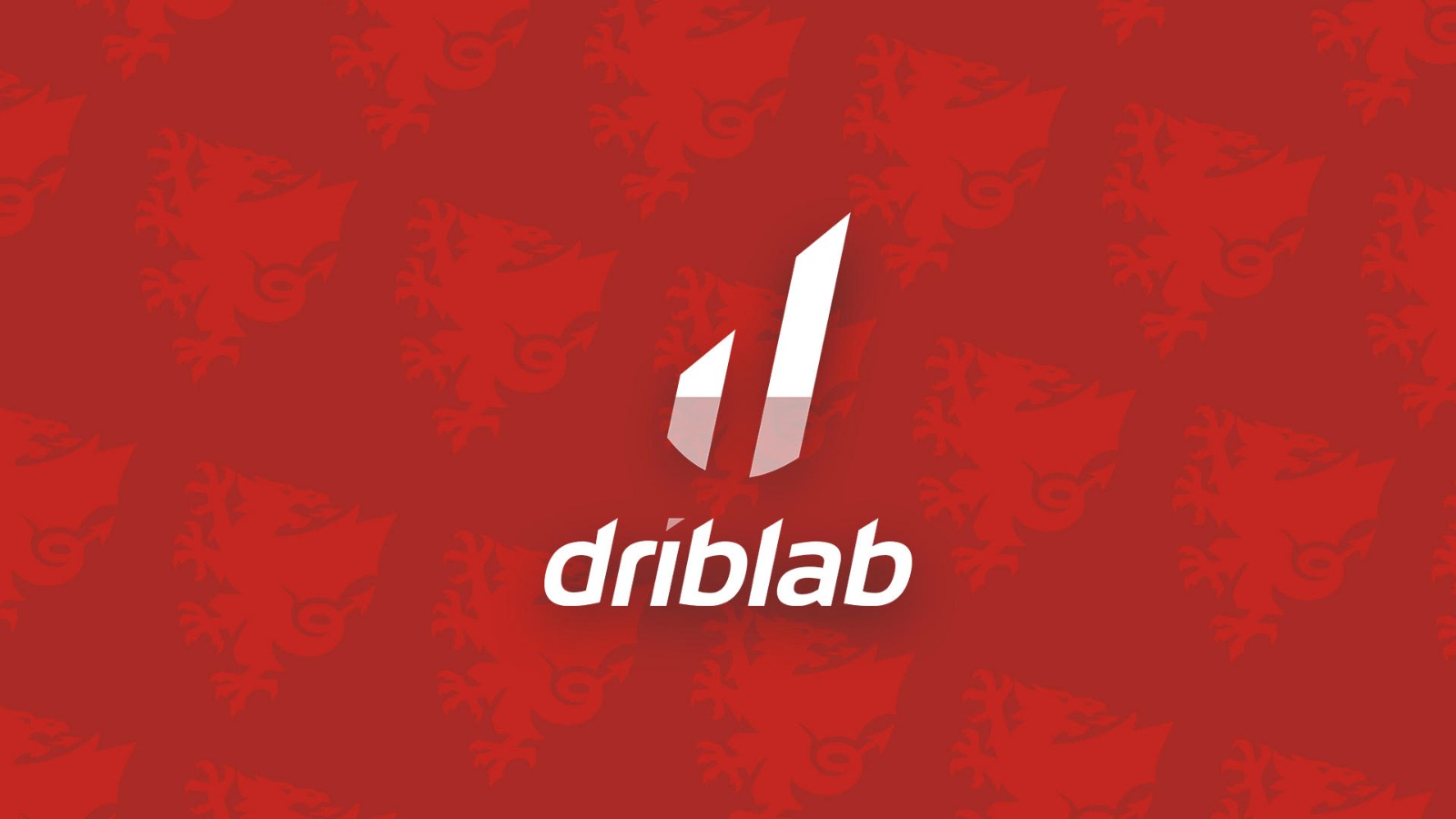Talent identification plays a crucial role in the Welsh football pathway system and James Holland, the FAW’s Senior Talent Identification Manager, explains how the goals of the Cymru High Performance Strategy 2022-2026 are being delivered through subjective decision making with detailed and objective data.
“We use football data and analytics company Driblab because of the coverage they offer,” explained Holland. “It’s still in its early days, but there’s been enthusiasm for it from Rob Page (1st team manager) and Matty Jones (U21 manager) to use it more. The benefits are that it’s really clear in how the data is displayed.
“It’s factual and it gives us the data to support or challenge different views on players, and the detail you can delve into on different attributes can give you the extra point or two you need to make decisions. Data alone will never be the reason for solely picking a player, but it does give further weight to getting to a clearer decision with the most insight and evidence. It’s really important that we’re able to use something like this.”
Holland joined the FAW last October from Huddersfield Town and is supported in his role by Gus Williams and Chloe Bull, who is responsible for the women’s side. In addition to these full-time positions, a team of scouts are on-hand across the country to offer an experienced eye on players identified as potential Cymru stars of the future.
“Talent identification and retention is a key pillar of our high-performance strategy,” said FAW Chief Football Officer David Adams following the appointment of Holland. “In order to meet our objectives and consistently qualify our senior national teams to major tournaments, we must focus our efforts to strategically identify Welsh eligible talented players.”
Football data has become a huge part of the modern game and use of the information provided by Driblab extends beyond talent identification within the FAW, as Esther Wills, FAW Head of Performance and Football Insights, explained. “What we’re working on is how we can track our players in a better and more efficient way. We’ve got a number of different departments within the FAW such as talent ID, analysis, sport science, etc, so it’s about how we can combine all this data, which is something we’re working on at the moment.
“We want to develop a system where we can monitor our players all the way through and be a lot more strategic in cap accumulation. Driblab enables us to make decisions more objectively than subjectively, and part of the high-performance strategy is make decisions through objective insights as opposed to opinions at the time. The Driblab data is key for that in terms of tracking players to see how they’re performing at their clubs. Our players play at various levels so it‘s difficult to bring all that data together and look at it in an easy and concise manner.”














